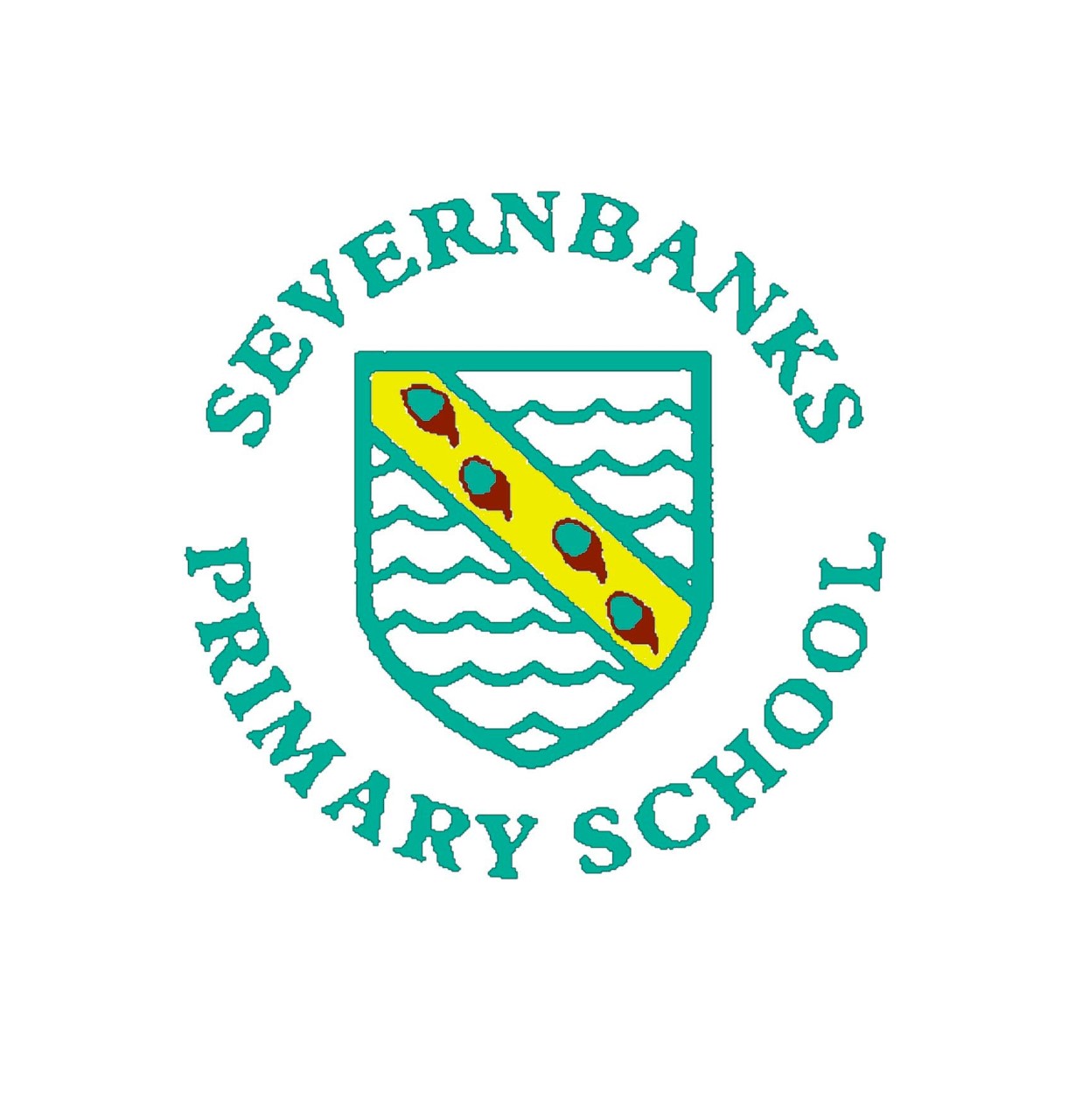Assessment and Data
Assessment
The new National Curriculum has been statutory since Sept 2014. Summer 2016 was the first year when statutory assessment does not use levels. The new National Curriculum is premised on the concept of mastery - something which every child can aspire to and every teacher should promote. It is about deep, secure learning for all, with extension of able students (more things on the same topic) rather than acceleration (rapidly moving on to new content). Effective assessment will clearly show how secure pupils are in their learning and prompt the teacher into planning the most appropriate next steps for learning.
The overriding principle of good assessment is that it should be clearly tied to its intended purpose. There are three main forms of assessment: in-school formative assessment, which is used by teachers to evaluate pupils’ knowledge and understanding on a day-to-day basis and to tailor teaching accordingly; in-school summative assessment, which enables schools to evaluate how much a pupil has learned at the end of a teaching period; and nationally standardised summative assessment, which is used by the Government to hold schools to account. Good formative assessment ranges from the probing question put to a pupil as they think something through; quick recap questions at the opening of a lesson; scrutiny of the natural work of pupils; right through to formal tests.
As an organisation we promote these key Assessment Principles:
- Assessment is at the heart of teaching and learning.
- Assessment is fair and honest.
- Assessment is ambitious and appropriate
- Assessment is consistent.
- Assessment outcomes provide meaningful and understandable information.
We view assessment as the starting point, not end point, for pupils’ learning. Continuous assessments are used by teachers to develop the next steps in pupils’ learning. Pupils then have an on-going dialogue about their ‘targets’. Written and oral feedback is used, including pupil self-assessment and peer assessment of pieces of work and work is planned against age related expectations and the ability of the children.
Data
'The government will not publish KS2 school level data for the 2021 to 2022 academic year. The last available public data is from the 2018 to 2019 academic year. It is important to note that the data from that year may no longer reflect current performance.”
|
KS2 |
|
2023 Based on 110+ |
2022 Based on 110+ |
2019 Based on 110+ |
2018 Based on 110+ |
||||||||
|
|
|
ARE |
GD |
ASS |
ARE |
GD |
ASS |
ARE |
GD |
ASS |
ARE |
GD |
ASS |
|
Reading |
School |
67% |
20% |
104 |
74% |
10% |
100 |
50% |
10% |
100 |
84% |
20% |
104 |
|
|
National |
73% |
8% |
105 |
73% |
28% |
105 |
73% |
27% |
104 |
75% |
28% |
105 |
|
Writing |
School |
73% |
7% |
|
65% |
10% |
|
60% |
13% |
|
84% |
20% |
|
|
|
National |
71% |
13% |
|
69% |
13% |
|
78% |
20% |
|
78% |
20% |
|
|
EGPS |
School |
83% |
40% |
108 |
71% |
6% |
100 |
70% |
13% |
103 |
92% |
20% |
106 |
|
|
National |
72% |
30% |
105 |
72% |
13% |
105 |
78% |
36% |
106 |
78% |
34% |
106 |
|
Maths |
School |
93% |
27% |
107 |
52% |
10% |
97 |
77% |
17% |
104 |
72% |
8% |
103 |
|
|
National |
73% |
24% |
104 |
79% |
23% |
104 |
79% |
27% |
105 |
76% |
24% |
104 |
|
Combined R,W,M |
School |
60% |
7% |
|
45% |
3% |
|
47% |
10% |
|
68% |
|
|
|
|
National |
59% |
8% |
|
59% |
7% |
|
65% |
11% |
|
64% |
|
|
Key Stage 2 School Performance Tables
Click the link below to access the School Performance Tables on the Department for Education website.
